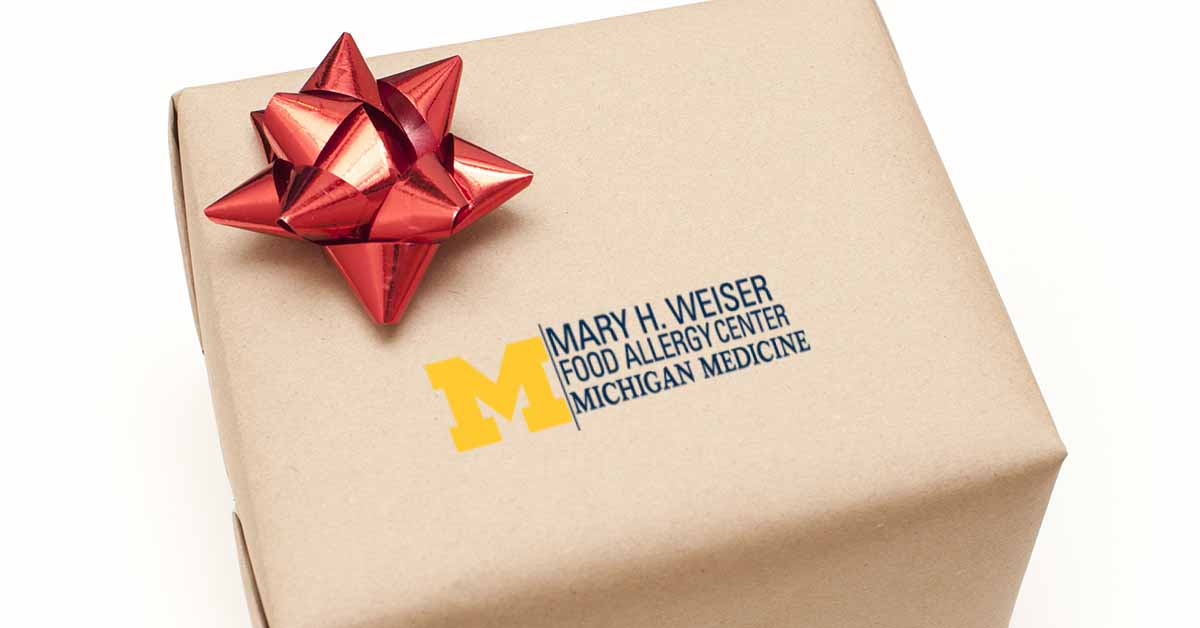The Mary H. Weiser Food Allergy Center (MHWFAC) is pleased to announce a major new initiative, the Michigan Food Allergy Research Accelerator (M-FARA). This program was made possible by a five-year gift from an anonymous donor for $5 million, which is renewable for a second $5 million after its period has lapsed.
This gift aims to establish a program designed to transform how individuals understand the fundamental mechanisms that are driving an increase in food allergy rates in both children and young adults. Additionally, the program seeks to develop innovative strategies to diagnose and treat food allergies.
MHWFAC was originally initiated by a $10 million gift from the Weiser Family and over the past five years, it has raised over $32 million and amassed five endowed professorships. The center has made significant progress towards its original goals, which included major initiatives such as expanding clinical research activity, recruiting outstanding scientists in different areas of food allergy research and becoming a pre-eminent source for food allergy medical care in the United States.
“MHWFAC has gained national recognition as a leader in the field, and now has a team of 12 diverse faculty members. M-FARA will allow us to externally recruit additional faculty while working with many different disciplines within the University of Michigan on all aspects of food allergy,” says James R. Baker, Jr., M.D., director of MHWFAC. “This remarkable gift will accelerate our work and allow us to continue our mission of performing novel, groundbreaking research at a faster pace.”
Through this significant contribution, incredible MHWFAC-sponsored research can continue to flourish, including the center’s groundbreaking work on a nanoemulsion vaccine, a project led by Jessica O’Konek, Ph.D., which holds the possibility of training the immune system to stop producing food allergies altogether. MHWFAC also plans to bring together many of Michigan Medicine’s specialists in preventing, treating and studying biological underpinnings of food allergy development, with a focus on allergic physiological, immunological, biological, gastrointestinal, environmental and psychiatric influences.
“We will start this initiative by recruiting a new faculty member to the William Chandler Swink Research Professorship in Food Allergy Research in early 2019,” says Baker. “In addition, we have already begun to work towards success for M-FARA by developing joint grants with other units throughout the University of Michigan and neighboring institutions, and to expand our already successful pilot grant program.”
Various benchmarks for success have been established to support the donor’s foundational wishes regarding the center serving as an organization that provides important breakthroughs in food and allergic treatments. These benchmarks include high standards for recruitment, interdepartmental collaboration, clinical outcomes, research contributions and excellence in education.
“It is impressive to see how much the MHWFAC has accomplished given the short time that it has been operational,” said Marschall S. Runge, M.D., Ph.D., executive vice president for medical affairs and dean of Michigan Medicine. “As the pace of activity quickens with this significant new gift, it confirms how support from our remarkable donors can drive what our researchers can accomplish.”
Follow this link to learn more about the MHWFAC.





